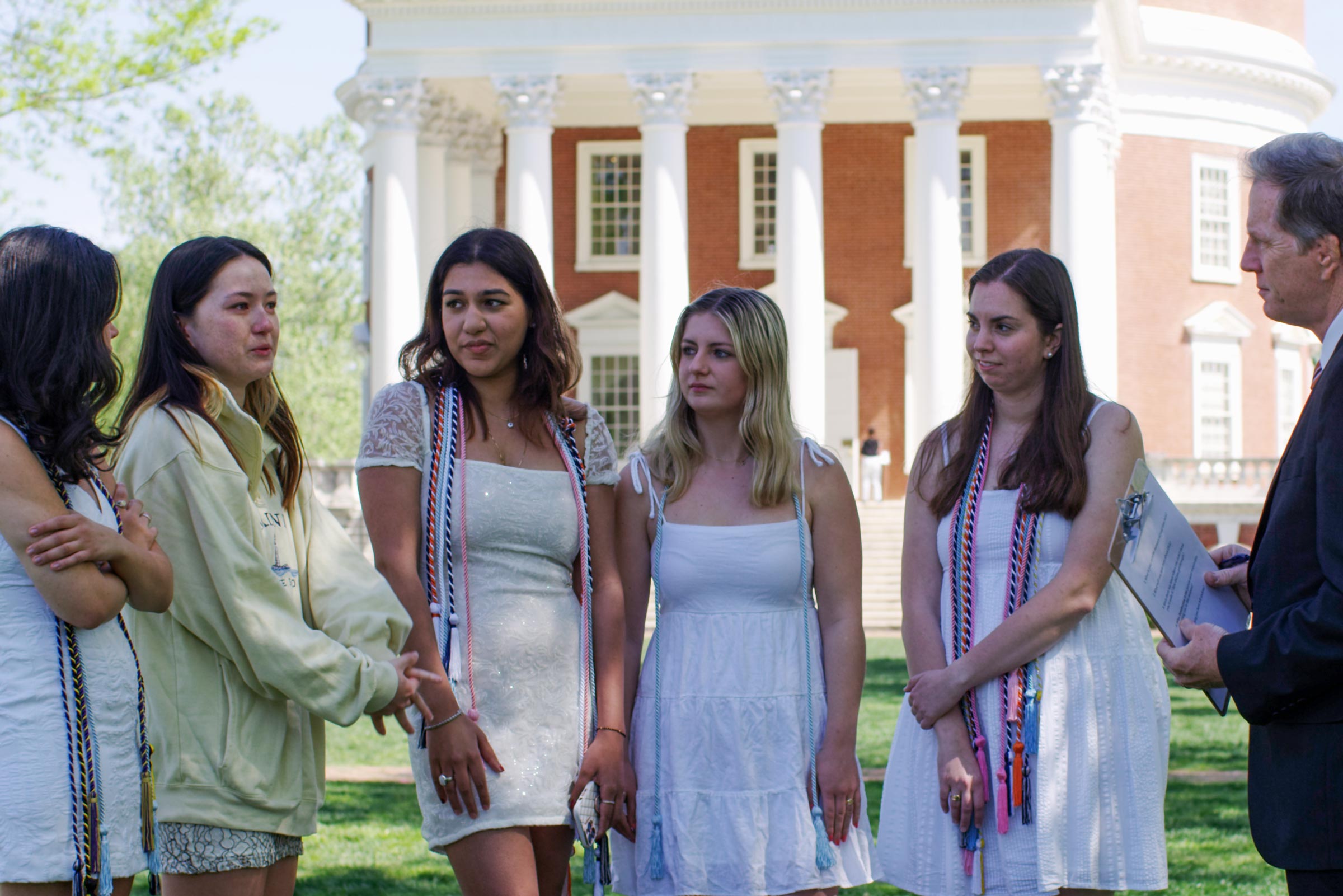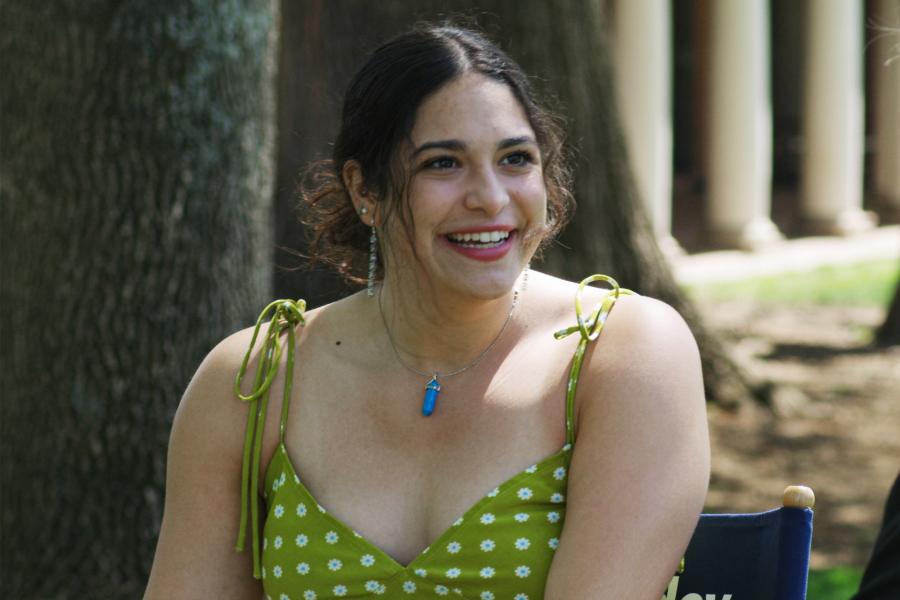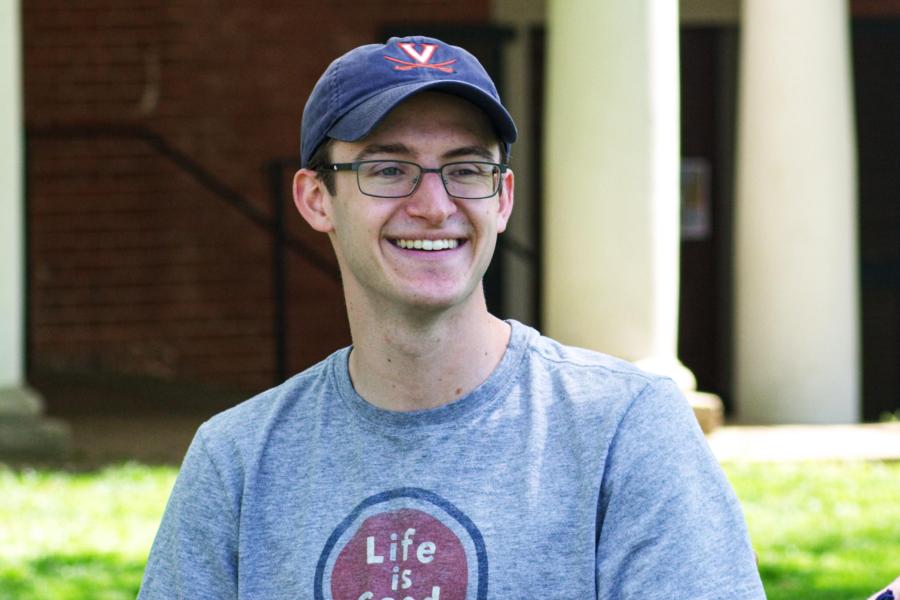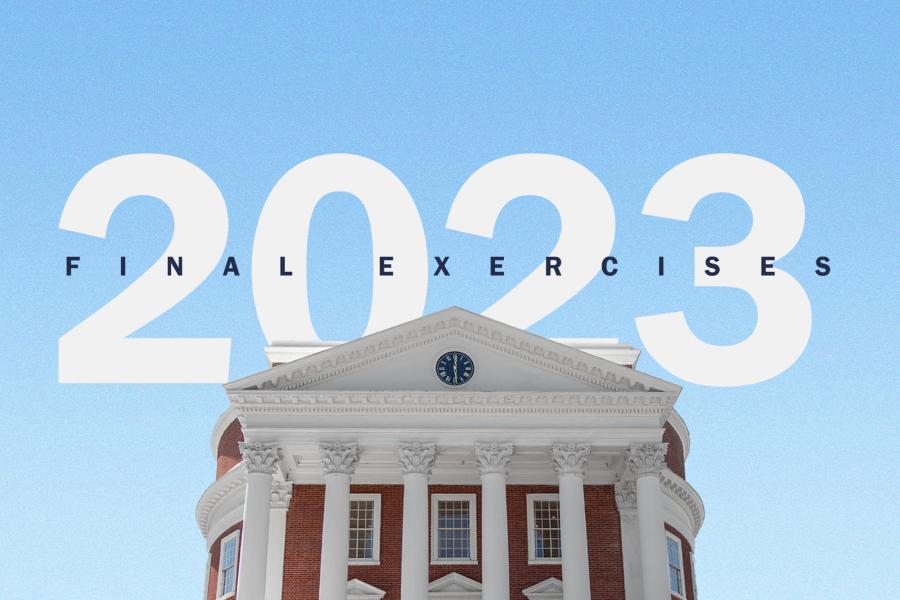But as her first semester started ramping up, she hadn’t yet fit into a friend group. She was a long way from her supportive family. And now she was suffering panic attacks.
As her mom prepared to make the daylong trek to Charlottesville, Robbins thought about dropping out, at least for a semester. The panic attacks were unrelenting, and she didn’t see how she could continue.
“To me, that felt like failure, especially as someone who had pushed herself so hard in high school and throughout life to get to a place where I could go to a college that I really, really loved. It felt like I was giving up on my dream,” she said.
But as she cried in her bed that night, she decided she wasn’t ready to give up.
“And I had this moment where I realized I had a family here, and I couldn’t possibly leave,” she said.
She called her mom again and told her to hold off. Robbins had decided to stick it out.
Olivia Nguyen-Dillon understands the feeling. Like so many UVA students, she was a high-flyer in high school, and success in college seemed a sure thing. But after COVID-19 forced students online, she started to struggle. Her performance slipped.
“I honestly thought I was not going to pass my classes,” she said. “I was really scared because the transition to online learning was really difficult for me.”
UVA Today met Robbins and Nguyen-Dillon separately on the Lawn one sunny April day as part of a project we’re calling “Every Hoo Has a Story.” The idea, borrowed from a CBS News series, is simple: If you take the time to talk to a random stranger, you’ll hear powerful, compelling stories.
Our random strangers were fourth-year students on the Lawn, including Robbins and Nguyen-Dillon. Both had underlying challenges that had escaped diagnosis before enrolling at UVA. For Robbins, it was mental health. For Nguyen-Dillon, it was a learning disability.
“I actually ended up getting diagnosed with ADHD in college,” she said. “It was really that switch and that pivot to online learning where I was constantly asking myself if there was something wrong with me. I made it this far; like. why couldn’t I keep pursuing my education?”
Before she got a diagnosis, Nguyen-Dillon wondered if she’d fallen behind because she was just simply tired or maybe uninspired.
“I thought it was burnout,” she said. “I thought I was just lazy or there was something wrong with me. But a lot of my life had felt like that, and it just became really amplified in college.”
The ADHD diagnosis was actually a relief, she said.
“It just completely answered all of the questions I had up until that point,” she said.
She worked with her professors, who urged her to seek academic accommodations to help her get through the work. She met weekly with an adviser most of her third and fourth years. And she got back on track.
She made it into the Batten School of Leadership and Public Policy, and on the day we met her, she was taking photographs with her classmates on the Lawn because her graduation was just weeks away.
“So that’s something I am pretty proud of,” she said.
She never gave up, because she wanted to make her immigrant parents proud. We asked her what she would say to them now.
Robbins also is on the precipice of graduation. Taming the panic attacks didn’t happen overnight, and it wasn’t easy. She said therapy and medication have helped her stay on track.
“I didn’t think I was going to make it through college,” she said. “Instead, I made it through all the way, and it is something that I’ve been thinking about quite a bit lately. I pushed through it. It was the most challenging time in my life, and I made it through it.”



